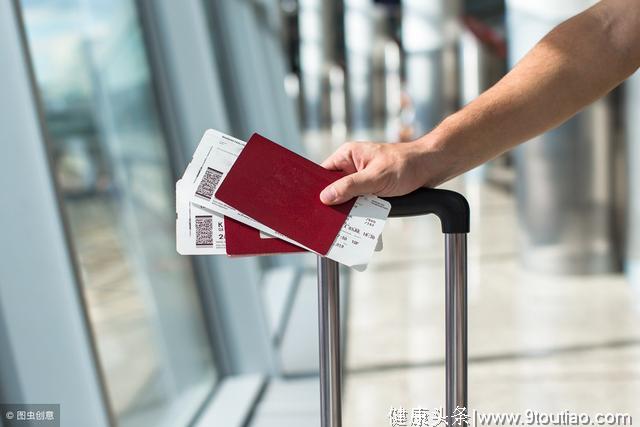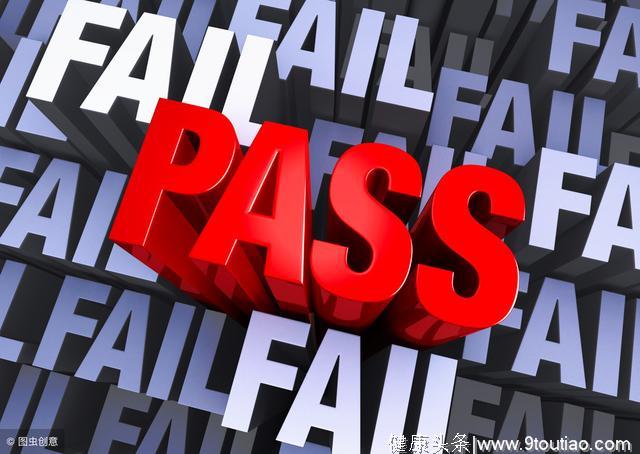飞机上被问要吃什么?你要这样拒绝。
Kevin要办聚餐,邀请公司的老外一道来,老外说,"I'll pass."。Kevin一头雾水,因为pass的意思是经过,难道老外会经过这家餐厅顺道来吗?那底会不会来呢?
"I'll pass."是婉转地说no!不要以"I'll pass."是同意或通过。外国人说"I'll pass."或"I'll pass on it."就是委婉「拒绝」,经常听到,自然又礼貌的说法。例如,应征面试上一个职务,但决定放弃,可以这样说:
I'm afraid I'll have to pass on your offer.(我想我必须放弃此一职务。)
I'll pass on this opportunity.(我不会考虑这个机会。)
I'd like to pass this opportunity to someone else.(我想把这个机会让给其他人。)

I'll pass既然是拒绝,因此在打牌或赌局,不出牌,都直接用pass或I'll pass.表示,意思是放弃这一局出手的机会。
在飞机上服务人员问你要不要吃什么、喝什么、去哪里,假如你不要的话可以用"I'll pass"。比起直接说No来得温柔许多。
除了pass或pass on,也有人用pass up,也是自然口语。
I can't believe she passed up the chance to go overseas.(我不敢相信她放弃了去南美海外的机会。)

Pass这个字看起来很简单,但用起来其实没那么简单。不仅I'll pass会让人会错意。以下这些句子也容易搞错:
例1:Pass out vs. pass away 昏倒和过世不一样John was hit on the head and passed out.
(X)John被击中头就死了。
(O)John被击中头就昏了过去。
Pass out和另一个词组pass away很像,不要搞混了。Pass out是昏过去,pass away是死了。
例2:Pass over 不是传下去,而是不理会Let's pass over what they said and go on.
(X)把他们讲的话传下去,然后继续(开会)。
(O)别管他们说什么,继续吧!
Pass over不是传递,而是忽视、不理睬、不理会、不予讨论的意思,跟上一个例子"I'll pass."意义相近。这用法大家可能较不熟,再看一个例子:
They passed me over for promotion.(他们没有升我的职。)